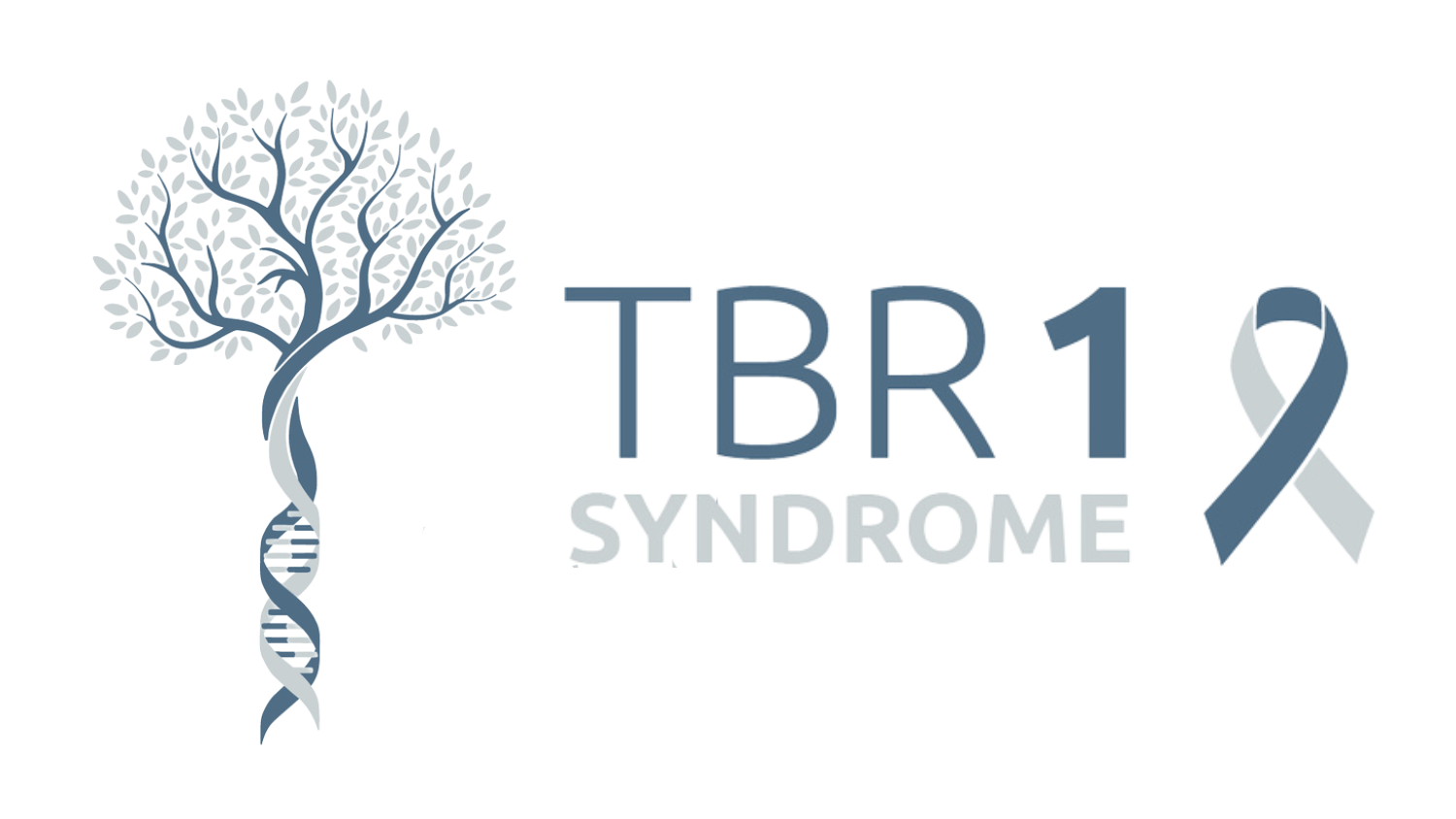
Family Starter Guides in Multiple Languages
Creating accessible TBR1 syndrome information for newly diagnosed families around the world.
- Goal: $15,000
- Raised: $6,000
 active
active
TBR1 Family Support & Connection
Hosting virtual meetups, Q&As, and peer support spaces for TBR1 caregivers.
- Goal: $10,000
- Raised: $7,500

TBR1 Research Partnerships & Data Registry
Building stronger bridges between families and scientists studying the TBR1 gene and brain development.
- Goal: $25,000
- Raised: $12,500














